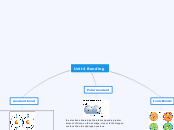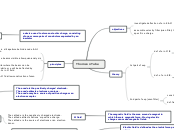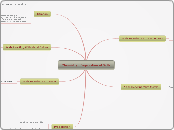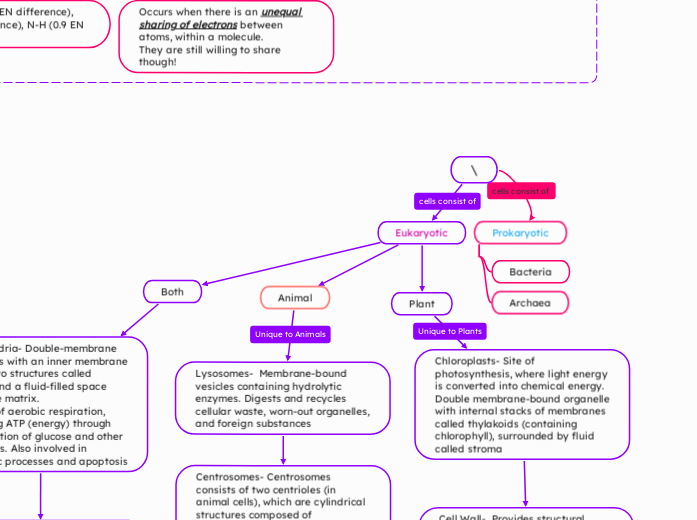von Alassane Wagne Vor 7 Jahren
266
Unit 4 Bonding
Atoms bond in various ways to achieve stability, giving rise to ionic, covalent, and polar covalent bonds. Ionic bonds occur when electrons are transferred from one atom to another, forming a strong lattice structure typically between metals and non-metals.









